‘Tidda-Links’ Aboriginal & Torres Strait Islander Women Guiding Service Planning
Experiences of domestic and family violence and sexual assault can have long term adverse health effects on a woman. In Australia, 17% of women have experienced sexual assault since the age of 15 and 25% have experienced violence from an intimate partner. An Aboriginal woman is twice as likely to be victim of sexual assault and 45 times more likely to experience domestic violence.
This project aimed to collaborate with Aboriginal and Torres Strait Islander Women to address the gap in domestic violence and sexual assault service access by developing recommendations for health practitioners.
Semi structured interviews were conducted with 18 Aboriginal and Torres Strait Islander women aged 23-65 years old, living within the Sydney local Health District boundaries. Participants included women that attend Drug and Alcohol & Mental Health services and attend our weekly ‘Koori Women’s Social Group’
Data was digitally recorded, independently transcribed and thematically analysed.
Almost all women reported a lived experience of sexual assault and/ or domestic and family violence. Women commonly spoke about the impact of intergenerational trauma and colonisation on their willingness to access services. Women voiced that they had ongoing Mental Health and Drug & Alcohol issues, along with Homelessness related to being survivors of DFV & SA.
To increase access, women recommended: appropriate service promotion within the community; a culturally welcoming space; discreet service location; trust and confidentiality; more Aboriginal staff; and ensuring non-Aboriginal staff have received training on institutional racism, recognising bias, and understanding local Aboriginal culture.
Local Aboriginal women have provided essential information to enable increased access to domestic violence and sexual assault services. It is essential that health practitioners and service planners implement these recommendations to contribute to efforts in closing the gap.
